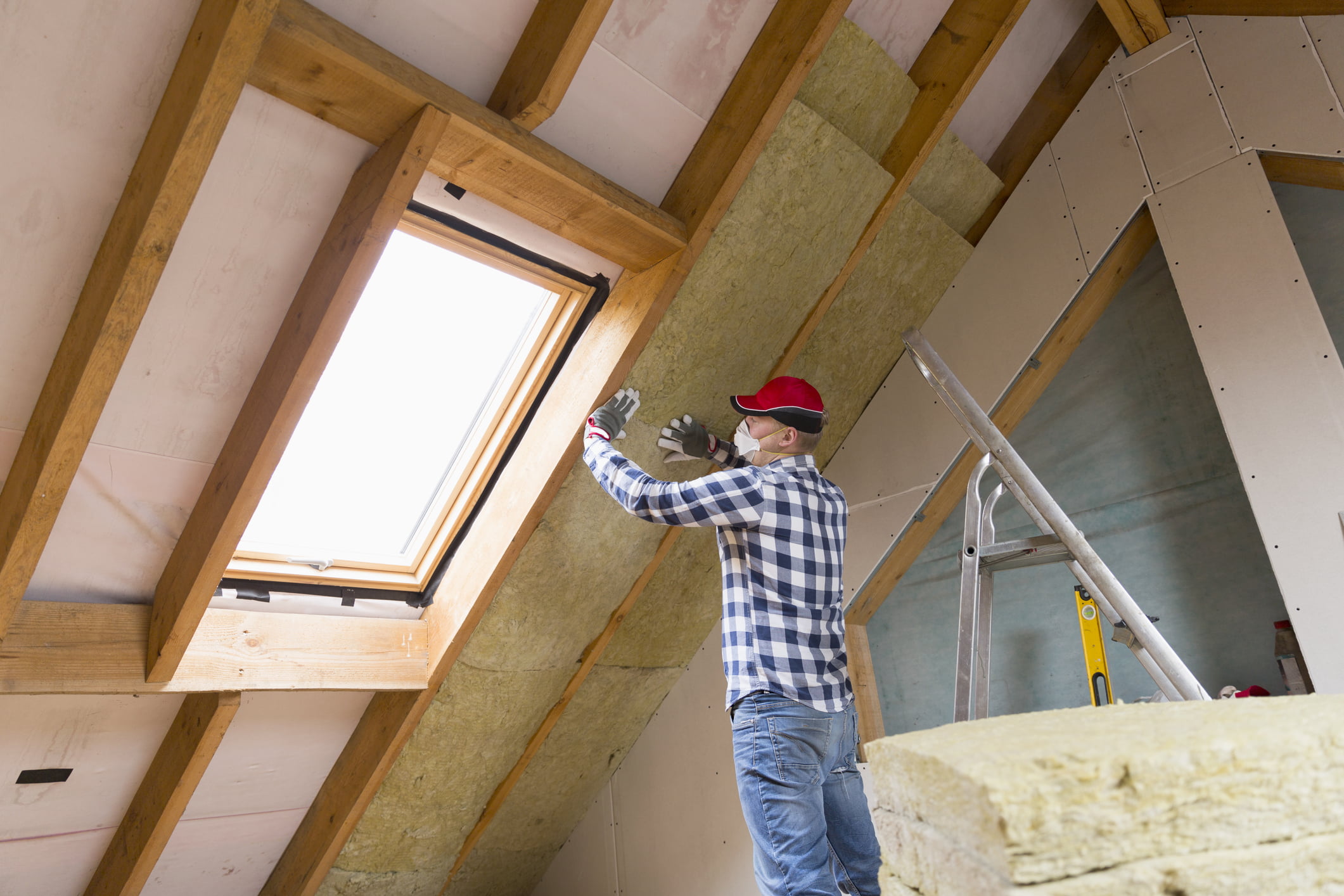The more energy efficient a home is, the less it will cost to heat and light. Also, energy efficient homes have lower carbon emissions, so it’s good for your budget and for the planet.
Some of the recommendations on the EPC need a little bit of investment and require you to be a homeowner. Take a look at what financial support is available for improving your home’s energy efficiency.
But even if you rent, you could still make some of the recommended improvements, such as switching to more energy efficient light bulbs.

